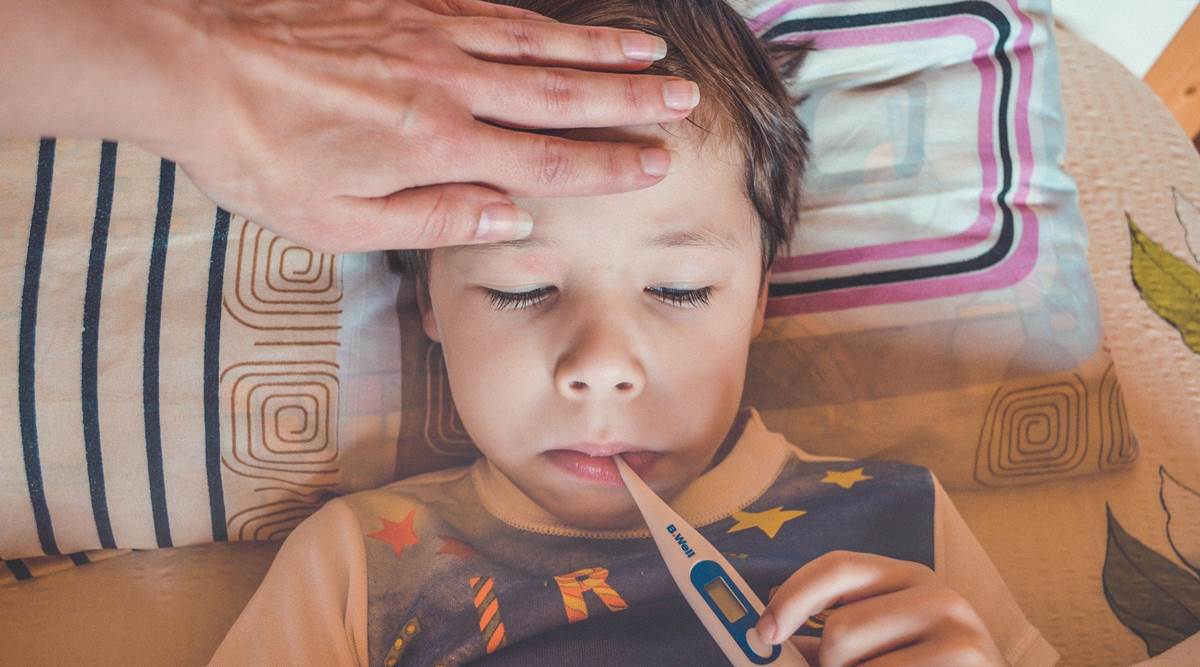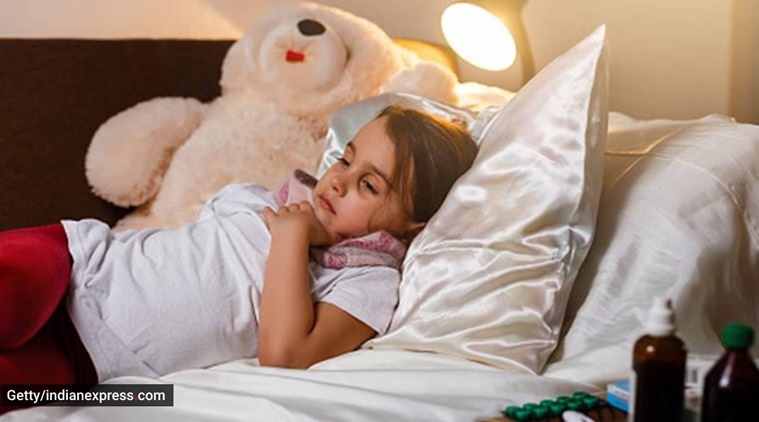
It is important that you closely check on your children as many of the serious complications are noticed in them during the second wave of Covid-19

By Dr Narendra Kumar Arora
The second wave of Covid-19 has affected a greater number of children. Why?
If we look at its prevalence, Covid-19 has affected both children and adults alike during the second wave. According to our latest national sero-survey as well, 25 percent of children surveyed were found to be affected by Covid-19. Even children below 10 years were also found to be as infected as other age groups. As per our national data on the disease, approximately three to four percent of children were symptomatic during the first wave of Covid-19 as well as during the second wave. However, since the total number of cases has gone up, the number of children affected is also more this time.
Has the severity of the disease among children increased during the second wave?
No. A majority of children remained asymptomatic or developed mild symptoms. Most children below 10 years showed mild symptoms such as cough, runny nose, mild fever, diarrhoea among others. And they recovered faster. Children who are suffering from any congenital or chronic illness such as heart disease, diabetes, cancers, asthma have a higher risk of developing severe disease. Children with compromised immune systems are also prone to catching Covid-19 infection.
But it is important that the parents watch them closely as many of the serious complications in children occur in or after the second week of acquiring the infection. It is rare but some children develop MIS or Multisystem Inflammatory Syndrome.

Is the treatment for children different from that for adults?
The management of the disease is more or less the same for both children as well as adults. We don’t recommend any medicine for asymptomatic children. We manage mild cases of Covid-19 with simple paracetamol. If a child has diarrhoea, we prescribe oral rehydration fluid and plenty of fluid. In moderate to severe cases also, the treatment is the same as that for adults.
Also Read |What the new Covid-19 variants mean for parents and kids
In case, a child suffers from respiratory distress, or increased respiratory rate, severe cough, hypoxia, uncontrolled fever, or any other unusual symptoms like skin rash, excessive sleepiness, parents should immediately consult their doctors as he or she may require hospitalisation. Most of the multi-system inflammatory syndrome (MIS) cases are treatable if detected and treated early.
Like adults, some children are affected by Long Covid. In this, a child may develop a new disease such as diabetes, hypertension even after 3-6 months of recovery.
What precautions should a caregiver take to protect oneself from catching the infection while nursing a child suffering from Covid-19?
The caregiver should wear double masks, face shield, gloves while providing care to the child. Don’t give any medication without consulting a doctor. Besides, it is important that the caregiver, too, isolate himself/herself from the rest of the family. Also, everyone in the family should get tested for Covid-19.
And what if a new mother is Covid positive?
In such a situation, any other member of the family who is not Covid-positive should take care of the infant. We can reduce the physical interaction with the mother if she extracts her breastmilk and the other caregiver feeds the child.
In case there is no one else to take care of the child, the mother should wear protective gear, including a double mask, face shield, etc. She should keep washing her hands regularly. It is important to sanitise the surroundings at a regular interval.
(The writer is a paediatric gastroenterologist and a senior member of the National Covid-19 Task Force.)
Source: Read Full Article